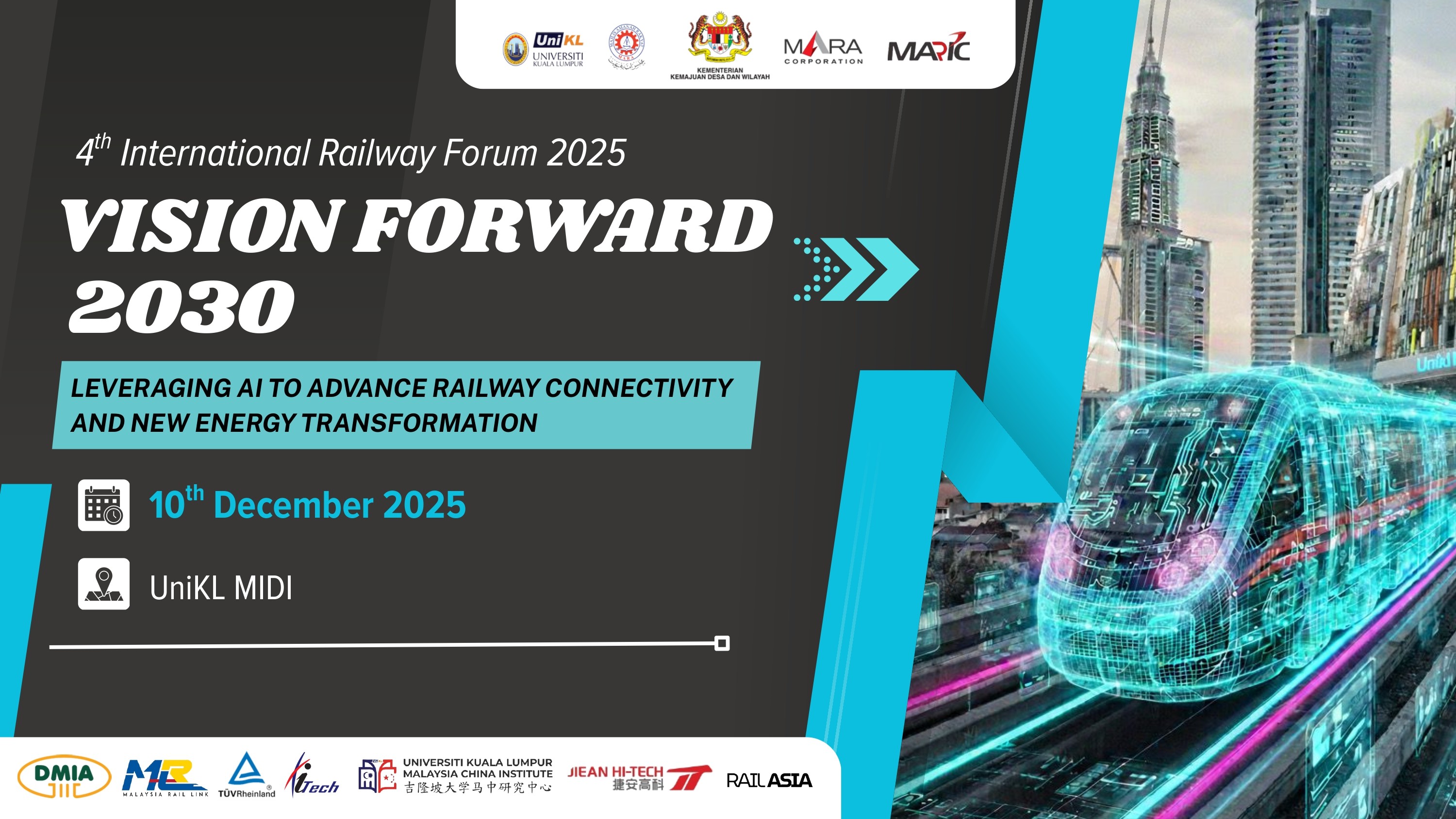Oct 24, 2025
Thailand's $6.8 Billion Three-Airport High-Speed Rail Project Stalled, Facing Collapse Amidst Contract Disputes and Political Shifts
BANGKOK, October, 2025 — Thailand's ambitious high-speed rail project, designed to link Don Mueang, Suvarnabhumi, and U-Tapao airports, is teetering on the brink of collapse nearly six years after its public-private partnership contract was signed. This critical infrastructure initiative, a cornerstone of the nation's Eastern Economic Corridor (EEC), has seen virtually no progress, raising significant concerns about its future and the broader economic development plans it supports.
The 224.5-billion-baht ($6.8 billion) project, initiated with a contract signed in October 2019, has been stalled for nearly three years. Development halted initially due to the COVID-19 pandemic, which prevented the private consortium, Asia Era One Company, from meeting financial obligations such as the concession fee and securing adequate financing. Subsequent economic shifts, including lower-than-projected passenger numbers and rising interest rates, have further undermined its viability. Crucially, the consortium has yet to receive a Notice to Proceed from the State Railway of Thailand (SRT).
The prolonged paralysis of this high-speed rail line has significant ripple effects across the EEC. Other major projects, including the expansion of U-Tapao Airport and the development of an Eastern Aviation City, are intrinsically linked to the rail connectivity. Without it, the entire corridor's development is at risk. The current impasse also increases the likelihood of contract termination, which would inevitably lead to prolonged legal disputes and substantial compensation claims, potentially deterring future foreign investment in large-scale infrastructure projects.
Attempts to salvage the project through contract amendments, which included revised payment schedules for government co-investment and additional guarantees from the private sector, were approved by the Eastern Economic Corridor Policy Committee. However, a subsequent change in government led to these amendments being challenged. The new administration, citing legal concerns, demanded a return to the original 2019 agreement, effectively derailing the proposed revisions and leading to the resignation of the SRT Governor, plunging the project back into uncertainty.
The future of Thailand's three-airport high-speed rail project remains highly uncertain. The current deadlock highlights the complexities of large-scale public-private partnerships, particularly when influenced by economic volatility and political transitions. The project's potential failure could represent a significant setback for Thailand's infrastructure ambitions and its vision for the Eastern Economic Corridor, underscoring the need for stable policy frameworks and efficient project execution in major development initiatives.
Source: Khaosod English
Related Post
Latest Post
Subscribe Us
Get Subscribe To Our Latest News & Update













